Latest News
Survey Finds Afghans More Pessimistic on Security, Future
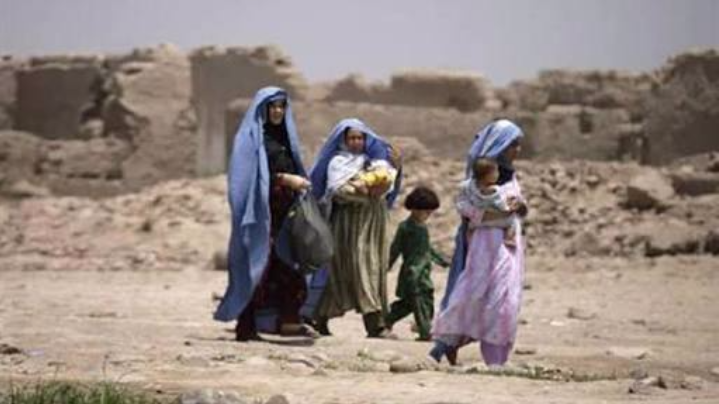
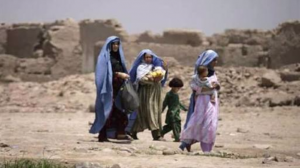 Growing insecurity, corruption, rising unemployment and slow job growth have caused more pessimism among Afghans about their future, damaging public confidence in the government, says the Asia Foundation.
Growing insecurity, corruption, rising unemployment and slow job growth have caused more pessimism among Afghans about their future, damaging public confidence in the government, says the Asia Foundation.
Released in Kabul on Wednesday, the latest annual survey of Afghan attitudes and opinions covers more than 87,000 men and women. It provides a unique portrait of evolving public perceptions on a variety of issues touching the masses.
Importantly, more rural men now support women’s right to vote and work outside their homes. The 2016 survey polled 12,658 respondents from 16 ethnic groups across all 34 provinces, including insecure environments.
The falling sense of optimism largely stems from the failure of peace talks with the Taliban earlier this year, new incursions and record civilian casualties. The withdrawal of foreign troops in 2014 can still be felt in the economy.
Abdullah Ahmadzai, the Asia Foundation’s country representative, said: “Afghanistan is emerging from decades of war and conflict. For the moment, a sense of personal safety and empowerment remains elusive.”
The findings illustrated Afghans’ dissatisfaction with their government, job growth and household finances, he said, adding the nation’s security, political and economic transitions were still unfolding and more time was required for progress in these areas.
Only 29.3% of Afghans say the country is moving in the right direction, the lowest level of optimism since 2004. A marked rise in civilian casualties and increasing violence has contributed to the highest recorded level of fear in over a decade: 69.8% of Afghans are afraid for their personal safety.
According to the study, fear is still the most pronounced in the southwest at 82%, and in Helmand, 92.3% say they are afraid sometimes, often or always, a 7% increase since 2015 and a 25% increase since 2014.
At the same time, although general awareness of ISIS/Daesh has increased from 74.3% in 2015 to 81.3% in 2016, the perception that the group is a threat to security actually fell from 54.2% in 2015 to 47.9% this year.
The percentage of Afghans interested in migration has decreased significantly from 39.9% in 2015 to 29.6% this year, the largest drop on record in the survey which occurred even though unemployment rates remain high.
Afghans say the biggest problem facing youth is unemployment, 71.2%, and more than half (51.5%) cite unemployment as a reason they would leave the country if given the opportunity. Factors that might explain a decreased desire to migrate include the destination’s reception and resettlement policies.
Asked about their household financial position, 36.6% say their financial situation has worsened, compared to 29.7% in 2015. The most affected areas include provinces that once housed foreign military camps, notably near Bagram Air Base.
“Confidence in public institutions and NGOs is at an historical low. By comparison, Afghans say they are most confident in, first, their religious leaders (66.1%), and second, the media (64.5%),” the survey says.
Radio remains the most popular source of information, with 70.5% of respondents receiving news and information from it, followed by television at 66.4%. Nearly two-thirds of Afghans (64.5%) report watching TV.
As many as 74.0% say women should be allowed to work, a record high that appears related to the depressed economy and need for dual-earner households. Afghan support for women in leadership positions remains mixed.
Support for women in local leadership such as community development councils, is significantly higher than support for women in cabinet slots. Education/illiteracy is cited as the biggest problem facing women (36.1%), followed by unemployment (22.9%).
“The survey is a map of social change over time, presenting a body of crucial knowledge for policy making and development programming in a rapidly transforming nation,” remarked David D. Arnold, president of the Asia Foundation. “
Since 2007, insecurity has been the most commonly given reason for why the country is moving in the wrong direction, followed by unemployment, corruption, bad economy and bad government.

Latest News
Iranian official: Only vulnerable points of Afghanistan’s border will be walled and fenced
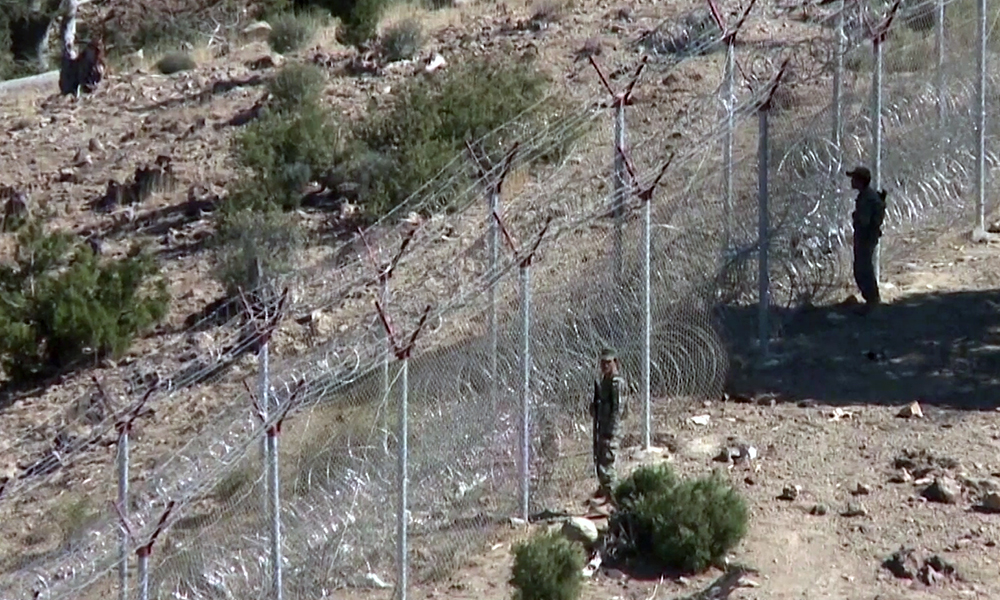
An Iranian security official has said that the entire border of Iran with Afghanistan will not be fenced, rather barriers will be created only at vulnerable points.
Iranian army has announced that the plan to create barriers at the border with a four-meter concrete wall, barbed wire and fence will be implemented within three years.
“In some northwestern and eastern borders, there are threats from the other side of the borders that we are countering,” said Qassem Rezaei, Iran’s deputy police commander.
He added that drug trafficking, human trafficking, and even terrorist infiltration may take place through these borders.
Meanwhile, the Minister of Interior of Iran Ahmad Vahidi has announced that over 1.3 million illegal foreign nationals have returned to their country in the past year.
He added that illegal citizens should leave Iran as they are not allowed to stay.
Latest News
Hanafi meets WHO regional director, stresses need for cooperation
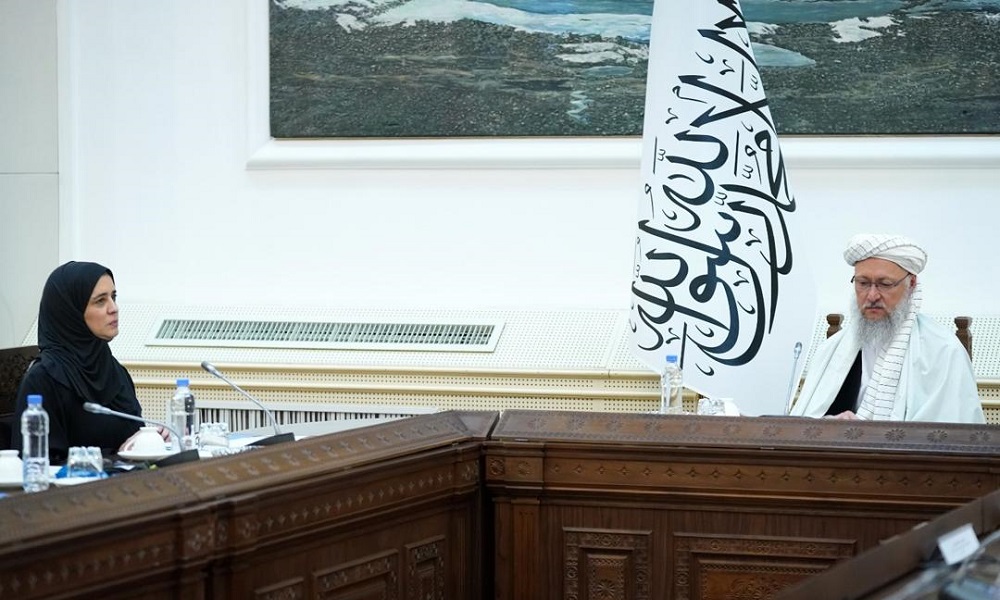
Deputy Prime Minister for Administrative Affairs Abdul Salam Hanafi on Sunday met with WHO Regional Director for the Eastern Mediterranean, Hanan Balkhy, and called for the organization’s cooperation including in the establishment of clinics in remote areas and training of specialists.
According to a statement released by his office, Hanafi pointed out that since the Islamic Emirate in Afghanistan regained power, there has been progress in various fields, including the fight against drug production and trafficking, the roundup and treatment of drug addicts, the eradication of corruption and nationwide security.
He asked the WHO to hand over Afghanistan’s seat to the representative of the Islamic Emirate and restore Afghanistan’s membership in meetings of the executive board and leadership meetings of the Mediterranean region.
Hanafi also called for the cooperation of international organizations in providing alternative livelihoods for poppy farmers and in providing assistance to flood victims.
While stressing that the eradication of polio is one of the priorities of the Islamic Emirate, Hanafi asked the WHO to activate polio diagnosis laboratories and supply vaccines, establish a cancer treatment center, prevent malnutrition among children and provide safe drinking water.
According to the statement, WHO official Balkhy said in the meeting that the health issue is non-political and one of the priorities of the organization.
She pointed to the achievements of the Islamic Emirate in various fields and expressed hope that better conditions will be provided for Afghans in the health and education sector.
Balkhy explained that WHO, together with other international organizations and the European Union, has a three-year project that includes the establishment of health centers in different provinces of Afghanistan.
She also expressed her appreciation for the efforts of the Islamic Emirate in the fight against polio and added that she will discuss the issue of providing alternative livelihoods for Afghan farmers with the WHO and other relevant organizations.
Latest News
OIC summit urges IEA to respect girls’ right to education
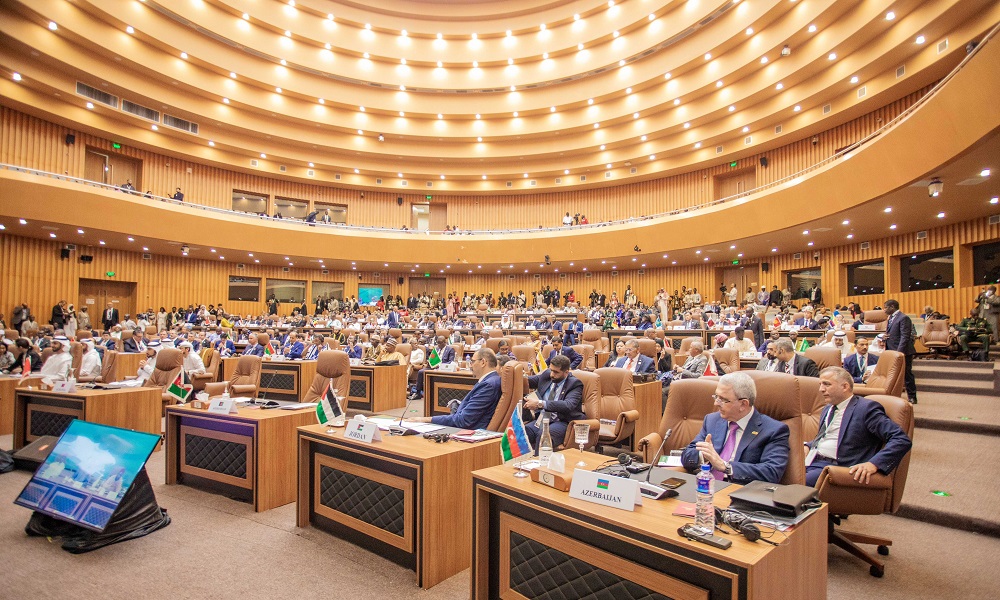
The 15th summit of the Organization of Islamic Cooperation (OIC) in Gambia on Sunday called on the Islamic Emirate of Afghanistan (IEA) to respect Afghan girls and women’s right to education and work.
In a declaration, OIC described the right to education and work as the fundamental rights of Afghan girls and women, and called for more communication with the IEA authorities on these issues.
Additionally, the participants emphasized the need for more efforts to address the challenges related to ethnic groups, drugs, terrorism, and social issues to ensure inclusive governance and sustainable peace and stability in Afghanistan.
“We also emphasize the need to make more efforts to address the challenges associated with ethnic groups, terrorism, drugs and social aspects for inclusive governance to achieve sustainable stability,” the declaration said.
Delegations from the 57 OIC member states attended the conference, organized by the Organization of Islamic Cooperation under the theme “Enhancing unity and solidarity through dialogue for sustainable development.”.
The summit was also attended by an IEA delegation.
-

 Sport4 days ago
Sport4 days agoSorkh Poshan Khafi and Khadim FC winners in their ACL matches
-
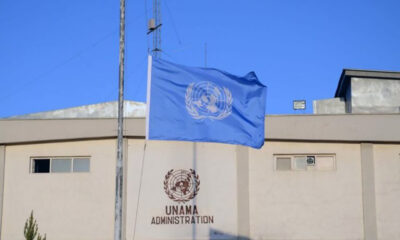
 Latest News4 days ago
Latest News4 days agoUNAMA issues latest rights report, notes ongoing challenges for women, girls and media
-
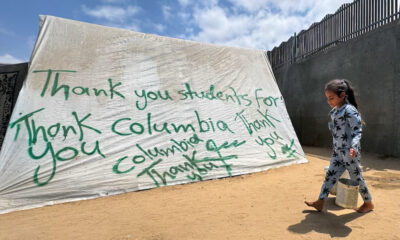
 World4 days ago
World4 days agoWhy Palestinians can count on American students but not Arab allies to protest
-

 Sport4 days ago
Sport4 days agoAbu Muslim and Attack Energy win in ACL matches
-

 Sport4 days ago
Sport4 days agoBairstow, Rossouw help Punjab beat Chennai in IPL
-

 Sport4 days ago
Sport4 days agoFour Afghans included in Refugee Olympic Team for Paris 2024
-

 World4 days ago
World4 days agoCalifornia police flatten pro-Palestinian camp at UCLA, arrest protesters
-

 Latest News4 days ago
Latest News4 days agoFive dead, 24 injured in traffic accident in Samangan















